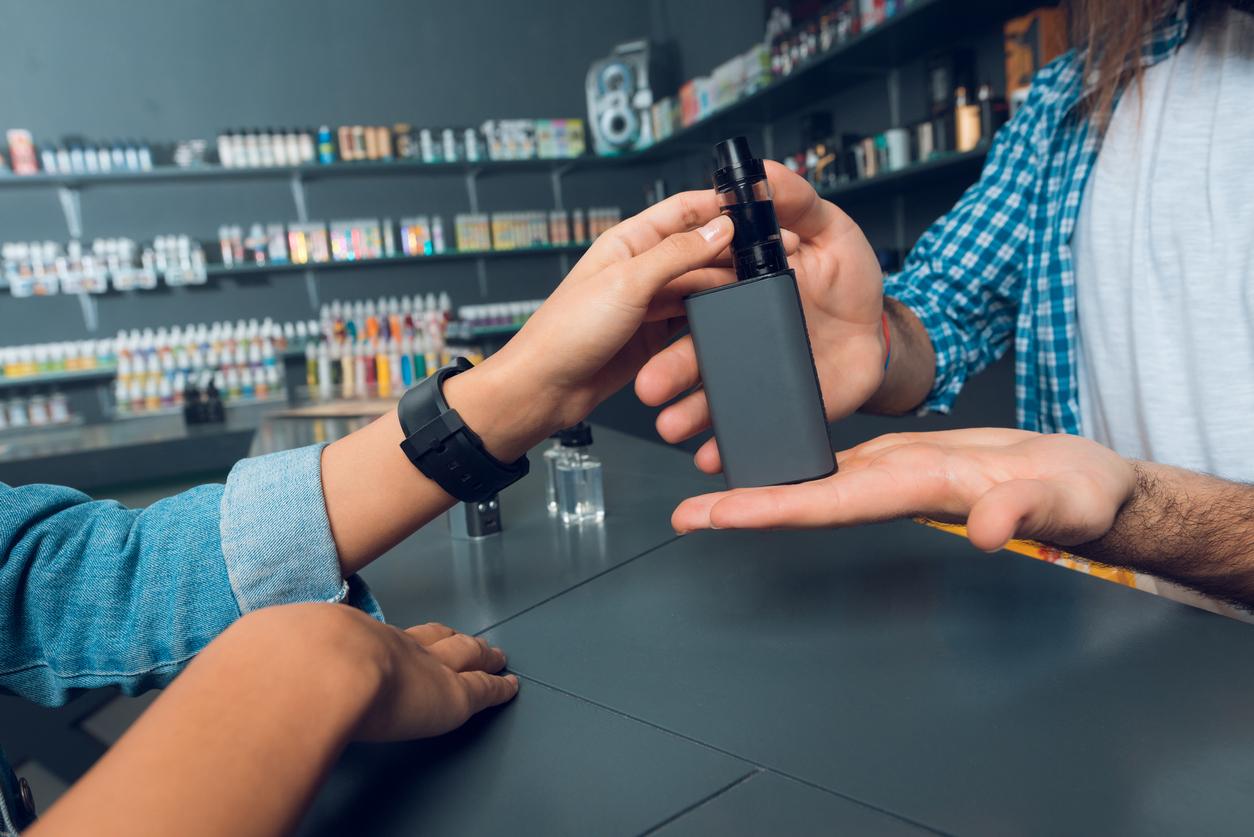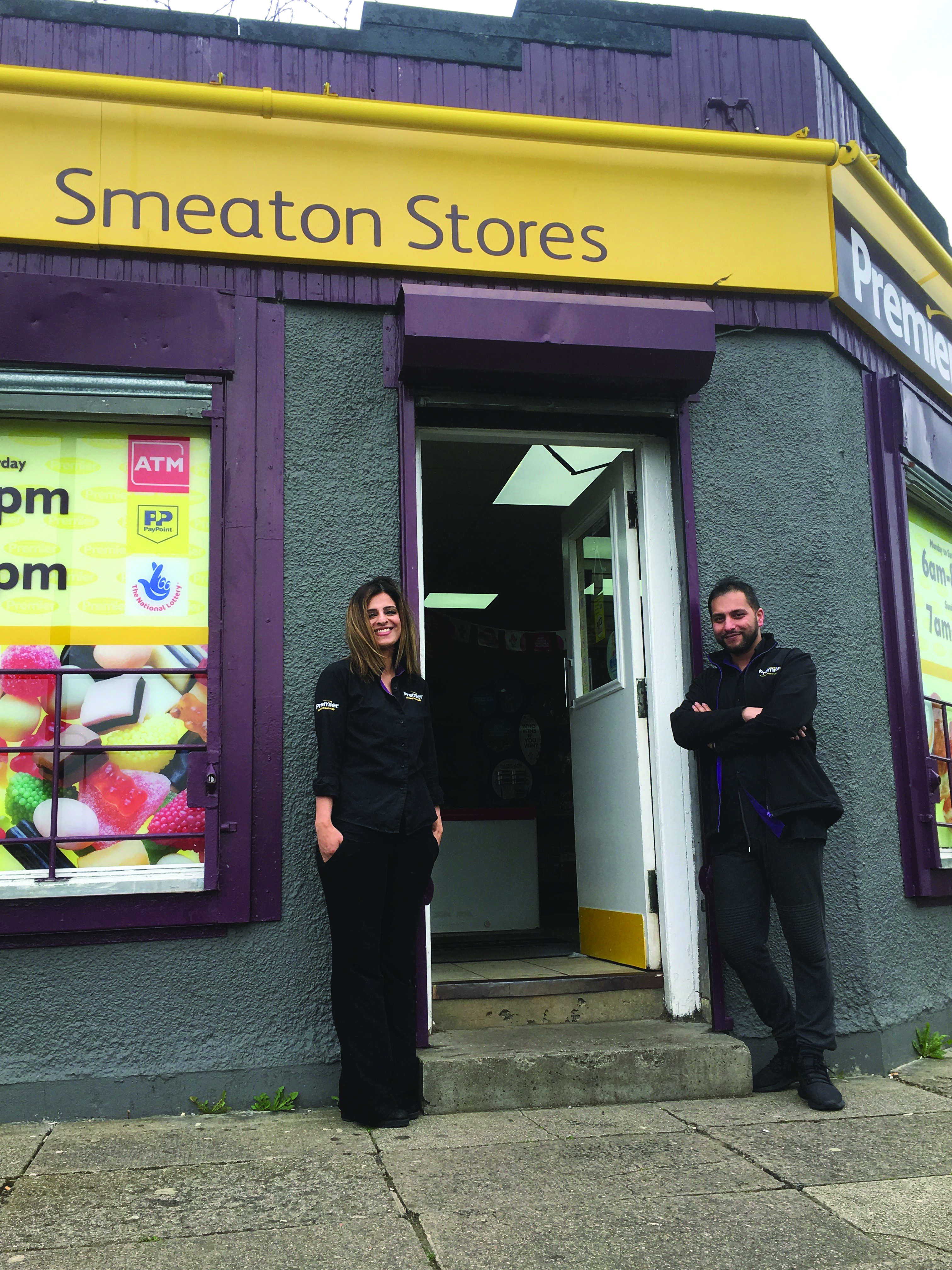
June 15, 2020

The past few months have been incredibly busy for convenience retailers. Yet investing time in helping staff improve their vape knowledge now is likely to pay dividends in the future. And, fortunately, the industry stands ready to help with easy-to-use tools and expert advice.
Why train your staff?
Retailers can focus on vaping as much as they like. Yet, if there is not a plan for staff training in place, then the category will only be working hard for a store when the owner is at the till.

The ultimate prize of a well-trained team is that stores build trust with their customers, according to Nick Geens, head of Logic and reduced risk products at JTI.
Geens says: “Taking time to learn about the vaping category, will allow retailers to show their expertise on what devices, flavours and strengths are most suited to individual vaping styles. Once a customer trusts a retailer, they are more likely to return, which allows retailers to profit in this category.”
This is also the opinion of Duncan Cunningham, corporate affairs director at Imperial and Blu: “It’s crucial that retailers and their staff understand and know what products and brands they have on offer in order to advise customers effectively”.
Cunningham adds: “Training is key to success in this regard and by taking the time to educate all staff on how to sell vaping products responsibly, as well as the latest category trends, products and different terminology used, retailers can provide an exceptional level of service to customers that will encourage them to return to the store again and again.”
 What do staff need to know?
What do staff need to know?
“With a dizzying number of different devices and liquids available, many shoppers may be understandably intimidated by the sheer breadth of the vape offering,” says Duncan Cunningham. “These consumers need knowledgeable advice on what to buy and reassurances on product quality, so it’s vital that staff understand what products they are selling, but also the customers who they are selling to.”
At the moment a key element of this is knowing which products can help turn former menthol smokers into vapers. “With more existing adult smokers looking for alternatives post-menthol ban, retailers have a good opportunity to assist customers as they make the switch to vaping. Retailers should educate themselves on starter kits and popular devices for beginners.”
Key knowledge for staff members
Effective ways to train.
“One effective way of training staff is through running product demonstrations using samples of the devices being sold in store,” says Cunningham. “Allowing staff to handle the products themselves and get to know the different components using demonstration models, or sample liquids, will really help them understand more about how they work, so they can pass this information onto customers.”
One additional benefit of using a model such as this for staff training is that it can then be repurposed for customer demonstrations, adds Cunningham: “Using similar demonstration models can also be a great way to educate customers on the devices before they buy so they leave the store fully informed on how to use a product”.
Stores can use the tools available online and share them among team members. Geens says: “Retailers should take advantage of the tools already available to them, and ensure they are encouraging their staff to do the same. JTI Advance acts as an invaluable hub for retailers and can provide regular training to suit busy schedules. Available for mobile, tablet and desktops to suit the busy schedule of retailers, it offers key business tools including a margin calculator, training guides, videos, downloadable PDFs and much more.”
Imperial, Philip Morris and British American Tobacco all have similar online tools available.
The vape store perspective
With so much for staff to keep abreast of in a convenience store it is understandable that any additional training for the vape category could be an unwelcome burden. Yet, with the return of competition in the form of vape stores, it is worth comparing the work you do to the amount of investment these specialist stores put into their staff training.
Doug Mutter, director at vape specialist chain VPZ names staff training one of the business’s two most important priorities alongside product range and quality. “At VPZ, we pride ourselves on having the most knowledgeable staff on the high street. To make this possible every member of our team spends two weeks at our Edinburgh HQ where we go through the entire process, beginning with how we manufacture our products right up to consumer trends and how this can change depending on where customers are on their vaping journey.”
Importantly, Mutter says his team uses the training to help staff demystify the category for new vapers. “A huge part of our staff training focuses on educating smokers not just on the various benefits from making the switch but also on what device and product is right for them,” he says: “The right guidance and knowledge is essential for smokers new to vaping and we want to be the most open and inclusive shop on the High Street.”
Keeping on the right side of the law.
Whether you ultimately decide to make vaping a major focus for your business or not, one area of staff training which cannot be skipped past is responsible retailing.
“While there can be no excuses when it comes to underage sales, we recognise that retailers’ jobs aren’t easy,” says Mark Yexley, communications director at JTI. “Ensuring that all staff are well trained in order to retail responsibly can be challenging, especially for smaller, independent retailers who often don’t have the resources or time to provide the same level of staff training that larger stores do. JTI is committed to supporting retailers, to prevent minors from having access to smoking or vaping products.”
JTI has created a youth access prevention scheme called IDentify which aims to reduce the number of stores at risk of selling both vaping products and tobacco to minors. The scheme provides staff training on responsible retailing from fully-trained “trading standards professionals”, which is free of charge, to assist at-risk stores to avoid selling to minors. In addition, JTI offers a Vaping Toolkit via its sales reps which includes a refusals register and Challenge 25 signage.
JUUL, meanwhile, says it is taking a “cautious” expansion route so that it can guarantee responsible trading throughout the supply chain. “JUUL, and all vaping products, are for smokers and existing nicotine users only and Challenge 25 is mandatory for all retailers regardless of channel or size,” says John Patterson, sales director at JUUL. “We also have to ensure that any third parties we supply, including wholesalers, align with our policy of signing up retailers to enforce the necessary age-verification procedures to ensure that our products do not get into the hands of unauthorised users and in particular anyone who is underage.”